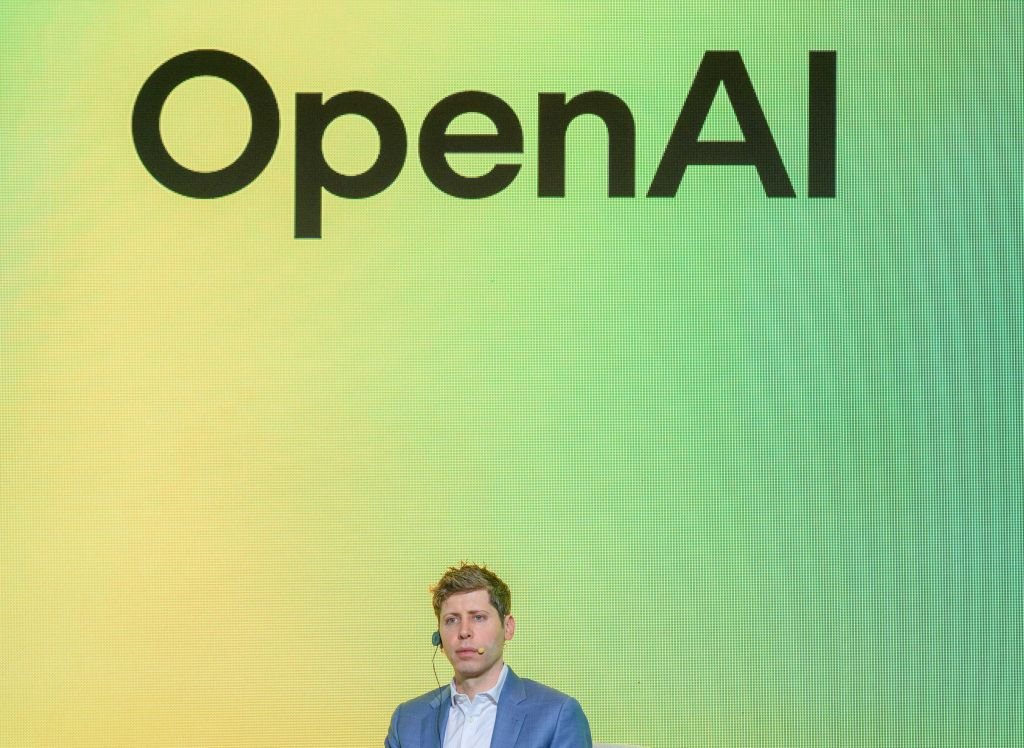Unlocking Scientific Innovation: The Launch of FutureHouse’s Groundbreaking AI Platform
As the rate of data generation surges ahead of our ability to process and comprehend it, scientific advancement faces not a shortage of information but an overwhelming challenge to navigate through it. Today marks a transformative turning point. FutureHouse, an innovative nonprofit dedicated to developing an AI Scientist, has unveiled the FutureHouse Platform, empowering researchers worldwide with superintelligent AI agents specifically engineered to expedite scientific discovery. This revolutionary platform stands to redefine disciplines such as biology, chemistry, and medicine—and broaden access to research.
A Platform Tailored for the Future of Science
The FutureHouse Platform is not merely a tool for summarizing papers or generating citations; it’s a dedicated research engine featuring four specialized AI agents, each engineered to resolve significant hurdles in contemporary science.
Crow serves as a generalist agent, perfect for researchers seeking swift and high-quality answers to intricate scientific inquiries. It can be utilized via the platform’s web interface or seamlessly integrated into research pipelines using API, facilitating real-time, automated scientific insights.
Falcon, the most robust literature analysis tool within the suite, conducts comprehensive reviews leveraging extensive open-access databases and proprietary scientific resources like OpenTargets. It surpasses simple keyword matching to extract valuable context and derive informed conclusions from numerous publications.
Owl, previously known as HasAnyone, addresses a fundamental query: Has anyone done this before? Whether formulating a new experiment or delving into a niche technique, Owl assists researchers in ensuring their work is original and pinpointing unexplored avenues of inquiry.
Phoenix, still in its experimental phase, is designed specifically for chemists. A descendant of ChemCrow, it can propose novel compounds, predict reactions, and plan lab experiments with considerations including solubility, novelty, and synthesis cost.
These agents are not designed for casual conversation—they are focused solutions for pressing research challenges. Benchmarked against leading AI systems and evaluated alongside human scientists, FutureHouse agents exhibit higher precision and accuracy than many PhDs. They don’t merely retrieve information; they analyze, reason, identify contradictions, and justify conclusions in a transparent manner.
Engineered by Scientists for Scientists
The extraordinary efficacy of the FutureHouse Platform stems from its profound integration of AI engineering with experimental science. Unlike many AI initiatives that operate in isolation, FutureHouse manages its own wet lab in San Francisco, where experimental biologists collaborate closely with AI researchers to refine the platform continually based on practical applications.
This approach forms part of a broader framework FutureHouse has devised to automate science. At its core are AI tools such as AlphaFold and other predictive models. Above this base layer are AI assistants—like Crow, Falcon, Owl, and Phoenix—that execute dedicated scientific workflows including literature reviews and experimental planning. Topping this architecture is the AI Scientist, an advanced system capable of modeling the world, generating hypotheses, and designing experiments while human scientists provide the overall “Quest”—the big scientific challenges such as curing Alzheimer’s or decoding brain function.
This four-tiered structure enables FutureHouse to approach science at scale, revolutionizing how researchers operate and redefining the possibilities in scientific exploration. In this innovative setup, human scientists are no longer bogged down by the tedious labor of literature review and synthesis; instead, they are orchestrators of autonomous systems capable of analyzing every paper, experimenting continuously, and adapting to new insights.
The philosophy behind this model is unmistakable: artificial intelligence is not here to replace scientists; it aims to magnify their impact. In FutureHouse’s vision, AI emerges as an authentic collaborator, enabling faster exploration of diverse ideas and pushing the boundaries of knowledge with reduced friction.
A Revolutionary Framework for Scientific Discovery
The FutureHouse platform launches at a moment when scientific exploration is primed for expansion yet is constrained by insufficient infrastructure. Innovations in genomics, single-cell sequencing, and computational chemistry allow for the testing of thousands of hypotheses concurrently, but no individual researcher can design or analyze so many experiments alone. This has resulted in a vast global backlog of unexplored scientific potential—a frontier that’s been overlooked.
The platform paves a path forward. Researchers can leverage it to uncover uncharted mechanisms in disease, clarify conflicts in contentious areas of study, or quickly assess the robustness of existing research. Phoenix can recommend new molecular compounds based on factors like cost and reactivity, while Falcon reveals inconsistencies or gaps in literature. Owl ensures researchers stand on solid ground, avoiding redundancy.
Importantly, the platform emphasizes integration. Through its API, research labs can automate ongoing literature monitoring, initiate searches in response to fresh experimental outcomes, or create custom research workflows that can scale without increasing team size.
More than a productivity tool, it represents a foundational layer for 21st-century scientific exploration. Accessible free of charge and open to feedback, FutureHouse encourages researchers, labs, and institutions to engage with the platform and contribute to its development.
Backed by former Google CEO Eric Schmidt and supported by visionary scientists like Andrew White and Adam Marblestone, FutureHouse is not merely pursuing short-term aims. As a nonprofit, its mission is long-term: to create the systems that will enable scientific discovery to scale both vertically and horizontally, empowering every researcher to achieve exponentially more and making science accessible to all, everywhere.
In an era where the research landscape is crowded with complexity, FutureHouse is unveiling clarity, speed, and collaboration. If the greatest barrier to scientific progress today is time, FutureHouse just may have found a way to reclaim it.
Here are five FAQs regarding FutureHouse’s superintelligent AI agents aimed at revolutionizing scientific discovery:





